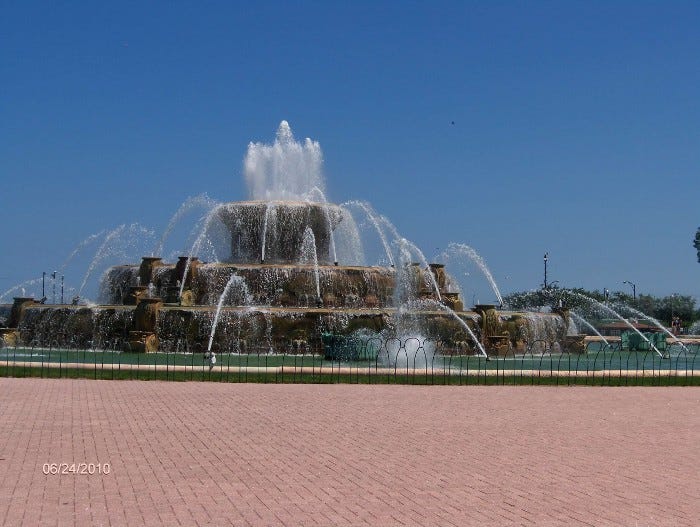African-Americans' roles in fighting against environmental racism
Q&A interview with Norris McDonald, president of the African-American Environmentalist Association

Coronavirus has no cure. Still, this year, the odds of me seeing people wearing face masks on multi-walks with my dog are slim to none. This was why I was perplexed in mid-June by the amount of people uniformly wearing face masks. I stepped outside to sniff a strange smell and noticed cloudiness on an otherwise warm, summer morning. It wasn’t until I checked my morning news alerts that I found out about the Canadian wildfires, which led to the hazy, smoky skies in Illinois (along with Iowa, Michigan, Ohio and Wisconsin).
ADVERTISEMENT ~ Amazon
As an Amazon affiliate, I earn a percentage from purchases with my referral links. I know some consumers are choosing to boycott Amazon for its DEI removal. However, after thinking about this thoroughly, I want to continue promoting cool products from small businesses, women-owned businesses and (specifically) Black-owned businesses who still feature their items on Amazon. As of the first date of Black History Month 2025, each new post will ALWAYS include a MINIMUM of one product sold by a Black-owned business. (I have visited the seller’s official site to verify that Amazon Black-owned logo.) I am (slowly) doing this with older, popular posts too. If you still choose to boycott, I 100% respect that decision.

Those fires not only affected the Midwest; they’d also left Chicago with the worst air quality in the world on Tuesday, June 27, according to tracking service IQAir.com. In a U.S. city with the second-largest number of people self-identifying as Black, the absolute last thing we need is more pollution on top of worldwide global warming. The New York Times already reported that “people of color” breathe more hazardous air than white people. And as much as I love Canada, I had no love for my northern neighbor that week.
Recommended Read: “For the culture: How travel can be the best history lesson ~ Uncle Tom’s Cabin, Native American history, other lessons learned in Canada”
The pollution alerts made me recall a 2008 interview I’d completed with Norris McDonald, the president of the African-American Environmentalist Association. We discussed environmental racism, food price increases, hybrid cars and more. Check out the interview below.
Shamontiel L. Vaughn: In number four of the African-American Environmentalist Association’s (AAEA) organizational goals, it says your organization would like to “include an African-American point of view in environmental policy decision-making.” What would be an example of something about the environment that the African-American perspective would be more likely to decide on?
Norris McDonald: Energy prices. Traditional environmental groups favor high energy prices as a conservation tool. We disagree with this and support plentiful supplies at reasonable prices. High energy prices seriously hurt the overall economy and severely damage the African-American community.
ADVERTISEMENT ~ Amazon
As an Amazon Affiliate, I earn a percentage for each purchase with my referral links.

Recommended Read: “Chicago In Top Five for Hybrid Car Sales” (page 1, page 2)



